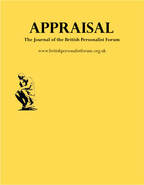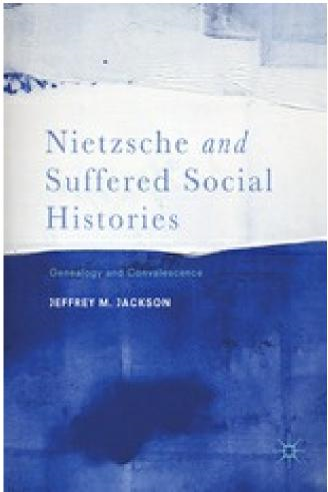|
|
Appraisal Vol. 11 No. 4, Spring 2018
|
Palgrave Macmillan presents:
|
This theme is developed by appeals to Freud’s notion of mourning and the object relations theories of Melanie Klein and D.W. Winnicott, which insist on the primacy of suffered relationality in the genesis of subjectivity. Moreover, Adorno’s notion of negative dialectics and its emphasis on the primacy of the object are suggested as an alternative context within which to read Nietzsche’s writing, in contrast with dominant modes of criticism. The discussion will appeal to anyone interested in Nietzsche, critical theory and the relationship between psychoanalysis and philosophy.
|
|
|
|
|
|


